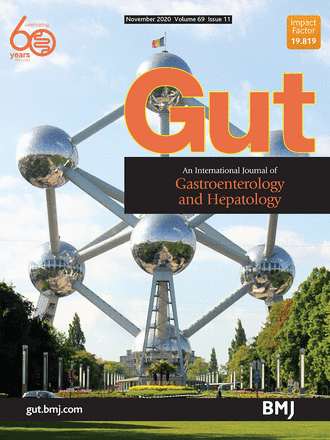
This is the first published case report of a near-complete clinical remission of fibrolamellar carcinoma (FLC) in a patient treated with immunotherapy. A 22-year-old woman had advanced disease with widespread metastases. Chemotherapy did not halt the progression of the cancer. Drs. Enrico De Toni and Daniel Roessler (University Hospital, Munich, Germany) elected to try a combination of two immune checkpoint inhibitors (ICIs).
ICIs have transformed cancer therapy since being introduced into oncology practice in 2011. Two scientists, James Allison and Tasuku Honjo, received the 2018 Nobel Prize in Physiology or Medicine in recognition of their key roles in the discovery of immune checkpoints and the development of the drugs that inhibit them. The ICIs block signals that can be exchanged when an anti-cancer immune T cell comes into contact a cancer cell. If the immune checkpoint is engaged, it signals the T cell not to kill the target cell. Each ICI blocks the activation of a specific immune checkpoint, and therefore may enable killer cells to eliminate cancer cells. To date, two immune checkpoints have become important in treating a variety of cancers – they are named the CTLA-4 and the PD-1 / PD-L1 systems.
In this case, the pair of ICIs utilized to treat the FLC patient, ipilimumab (Yervoy) and nivolumab (Opdivo), are directed against the CTLA-4 and PD-1 proteins, respectively. This ICI combination already had been approved to treat “classic” hepatocellular carcinoma, but the definitive clinical trial excluded patients with FLC. Remarkably, within three months of the start of the double checkpoint therapy, scans of the Munich patient indicated a “profound and rapid response,” and she achieved a nearly cancer-free status.
In a phone call with FCF more than one year after the publication of the report, Dr. De Toni confirmed that the patient had experienced no further progression of her FLC. A similar case report published at the end of 2022 (summarized here), also describes a complete clinical response in a patient with FLC treated with the same pair of ICIs, nivolumab and ipilimumab. As noted in both case studies, the outstanding clinical responses of the two patients was not readily predictable based on factors known to influence the success of ICI therapy.
These drugs generally have proven most efficacious against cancers that contain a relatively high density of random mutations in their DNA, leading to the production of many abnormal proteins which can be recognized as “foreign” by the immune system. However, FLC tumors generally have few such mutations compared to other cancers; that is, FLC has a very low “tumor mutational burden” (TMB). Furthermore, a recent study of the medical records of FLC patients who had been treated with a single ICI (sometimes in combination with other drugs) revealed a low overall clinical response rate of approximately 13 to 15%, with the best results being partial responses, and no response so profound as those presented in the two case reports. Finally, the patient treated by Dr. Berger already had received a single ICI (against PD-L1) with no apparent clinical benefit.
The complete published case report can be read below.
